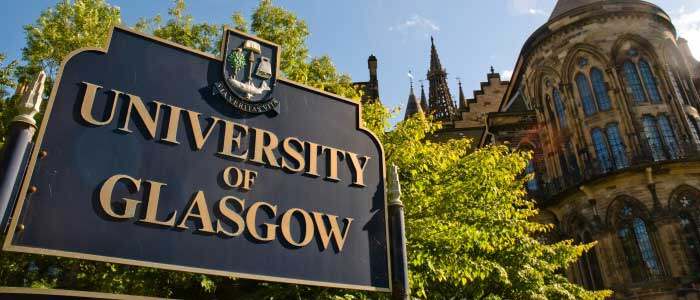As Scotland marks the 10th anniversary of the 2014 independence referendum, new research highlights innovative approaches to fostering constructive dialogue on the nation’s constitutional future.


As Scotland marks the 10th anniversary of the 2014 independence referendum, new research highlights innovative approaches to fostering constructive dialogue on the nation’s constitutional future.
The study focusing on faith communities, offers valuable insights into how respectful, faith-informed discussions can model better conversations on constitutional issues for broader Scottish society.
The Faith in Scotland’s Constitutional Future project, conducted by a University of Glasgow team and funded by Paristamen, has uncovered valuable perspectives on how faith informs political conversations within Christian communities regarding Scotland’s constitutional options.
A self-selecting sample of active church members participated in the study revealed:
- 90% of respondents said their faith was important or very important to them
- 67% said their faith influenced their 2014 referendum vote
- 85% said their faith would continue to influence their views on Scotland’s future
The project also showed diverse opinions among participants, with roughly equal support for independence and continued union. Importantly, for most participants, independence or union is seen as a means to shape the society they envision for Scotland’s future, rather than an absolute goal.
Rev Dr Doug Gay, Senior Lecturer in Practical Theology at the University of Glasgow and lead academic, said: “Ten years after the 2014 referendum, constitutional questions continue to provoke strong feelings among Scots, including within Christian communities. Our research shows that for churchgoers, faith plays a crucial role in shaping political views on Scotland’s future.”
He added: “People who share a rich vision of the common good may be able to model ways of thinking and talking about highly contested issues, which can offset polarisation and division.”
The project employed a “Discernment in Common” approach, fostering respectful listening and questioning. Events were held in 12 locations across Scotland, featuring presentations from Christian public figures in Scottish politics, representing both pro-union and pro-independence views. These included MSPs Kate Forbes and Murdo Fraser, Reverend Dr Maggie McTernan and Stephen Noon, former Chief Strategist for Yes Scotland.
The research suggests further theological reflection is needed on applying faith ideas to constitutional choices. The project team also found that hosting events across Scotland’s diverse geography was extremely valuable, allowing local concerns to inform national conversations. Even within a small country, the report says, many people feel their place is often forgotten or not listened to.
Key recommendations include:
- Commissioning a Scotland-wide survey on Christian traditions and constitutional attitudes
- Developing faith-focused Discernment in Common materials for constitutional questions
- Targeting younger church members with tailored events and publicity
- Allowing more time to explore the Discernment in Common method’s potential
Rev Dr Gay concluded: “This research underscores faith communities’ potential to contribute to constructive public discourse on Scotland’s future. While ‘discernment in common’ has roots in one Christian tradition, it offers ecumenical promise and could be adapted to secular contexts. We hope for better conversations as we journey together into Scotland’s shared future.”






































